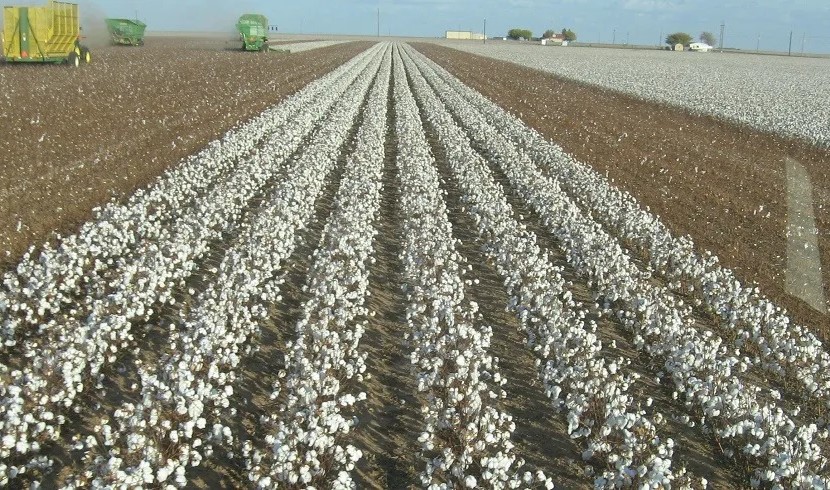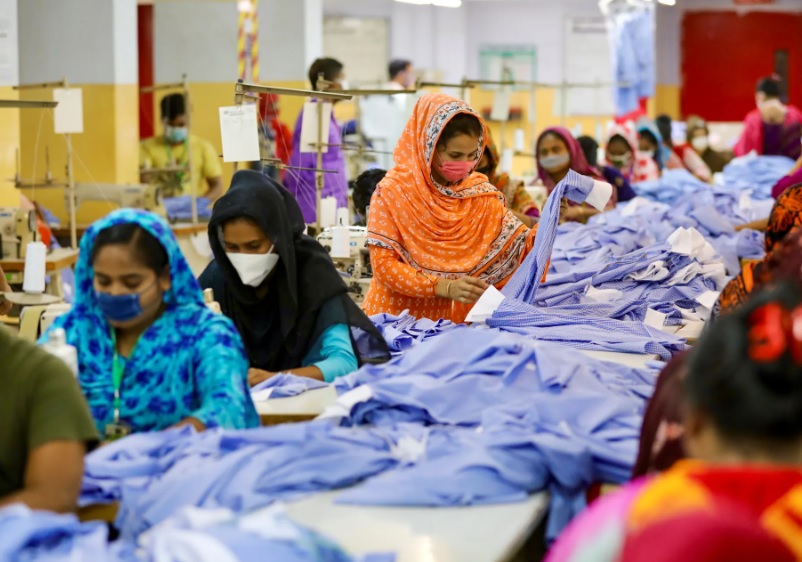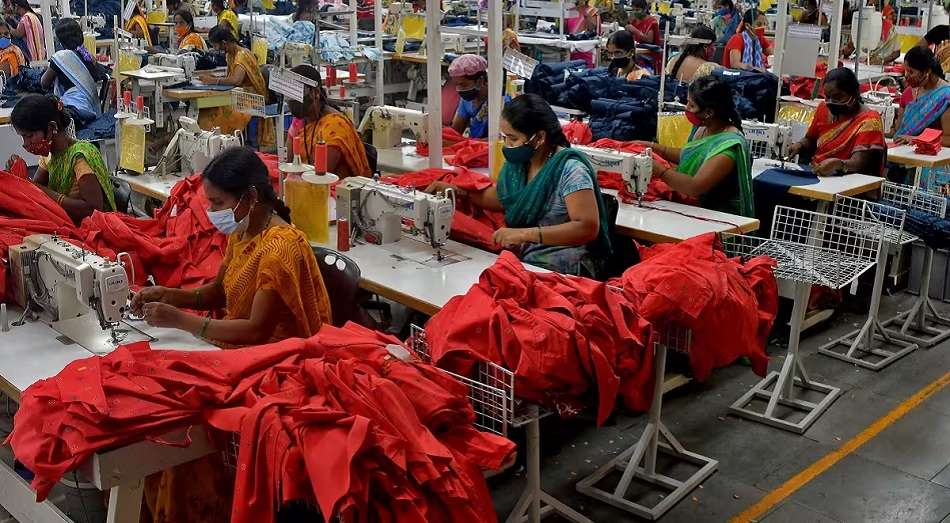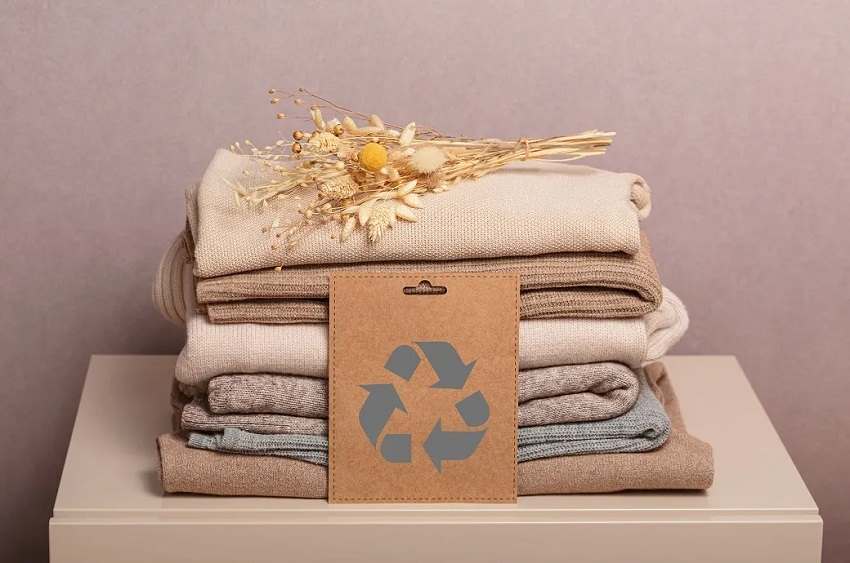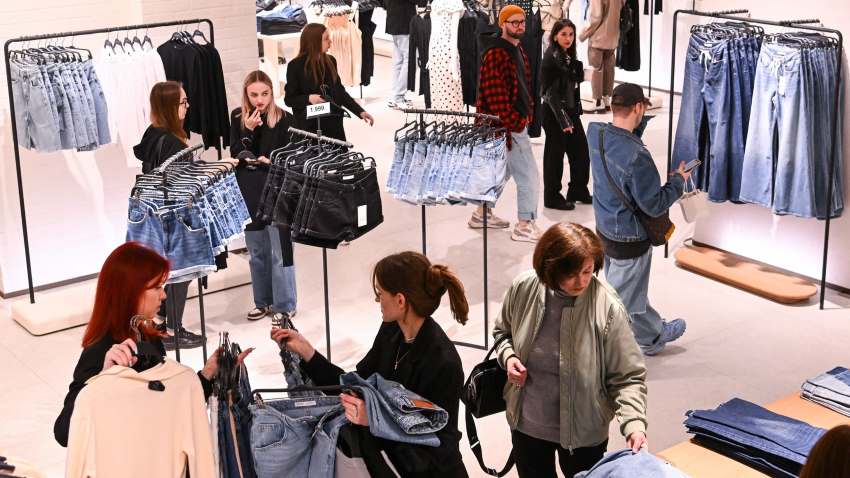
The denim manufacturing industry in Pakistan is strengthening its position in the global market with the rise of hi-tech players like the Artistic Denim Mills, Siddiqsons Group, Naveena Denim Mills, Azgard Nine, Rajby Industries, etc in cities like Karachi, Lahore and Faisalabad.
The industry offers locally made products of exceptional quality that give importers the best value for money, says Juan Chaparro, Group Director-Supply Chain, Sourcing and Quality, Primark. This is boosting the prospects of denim exporters like ADM even as COVID-19 dented the global denim trade.
Changing in style preferences boosts growth
A major reason for the industry’s growth is the change in style preferences among some consumers that has led to up gradation of wardrobes. Consumers are stocking denims with looser fits and wider-leg silhouettes from global brands ranging from Levi’s and American Eagle to Madewell and Abercrombie & Fitch.
\The growing casualization trend is boosting the popularity of denims in Pakistan, adds Jen Sey, Executive Vice President and President, Levi’s.
As per an OTEXA report, between January and September in 2021 Pakistan saw the largest year-on-year growth rate 63.4 per cent among the top five, denim apparel exporters to the US.
The country’s exports to the EU also doubled from 2015-2020, as per the 2021 CBI report. The exports benefitted from the exodus from China, cotton issues from Xinjiang, increased prices and supply chain concerns, says Muhammad Tariq Rafi, Chairman, Siddiqsons Group.
Increased networking for greater branding
The Pakistan denim industry mainly benefits from the medium-staple cotton grown there. Its’ other advantage includes long-term build-up of investment and clustering of infrastructure, adds Faisal Ahmed, CEO, Artistic Denim Mills. Over the years, the industry has witnessed a growth of vast network of smaller manufacturers who are making inroads into the industry
However, the industry suffers from a lack of perception, say industry experts. Its volatile political climate and negative image across the world, causes denim industry leaders to lose sales to competitors, adds Ahmed. To improve Pakistan’s national branding across the sourcing industry, the country’s denim suppliers are visiting clients with large stocks of denim samples in tow to trade fairs around the world, says Sheikh Raza-ur-Rehman, Director-Marketing, Garatex.
Energy crisis and labor issues
Manufacturers in the country are currently facing energy crisis, which they are resolving through privately-owned generators and gas supplies, adds Ahmed. The industry also suffers from labor rights issues.
As per Fair Wear Foundation report published in 2021, Pakistan has ratified 36 out of 189 International Labor Organisation (ILO) Conventions to date. Also, only 28 per cent of its garment workers are women.
With a greater emphasis on sustainably sourced materials across the fashion industry, the denim supply chain in Pakistan is attracting greater scrutiny due to larger impact on the environment. However, exporters are now adopting sustainability measures in the form of waterless technology, recycled materials and sustainable fibers. They can continue growing by improving their sustainability credentials and overcoming long-standing issues like labor exploitation and energy shortages.




